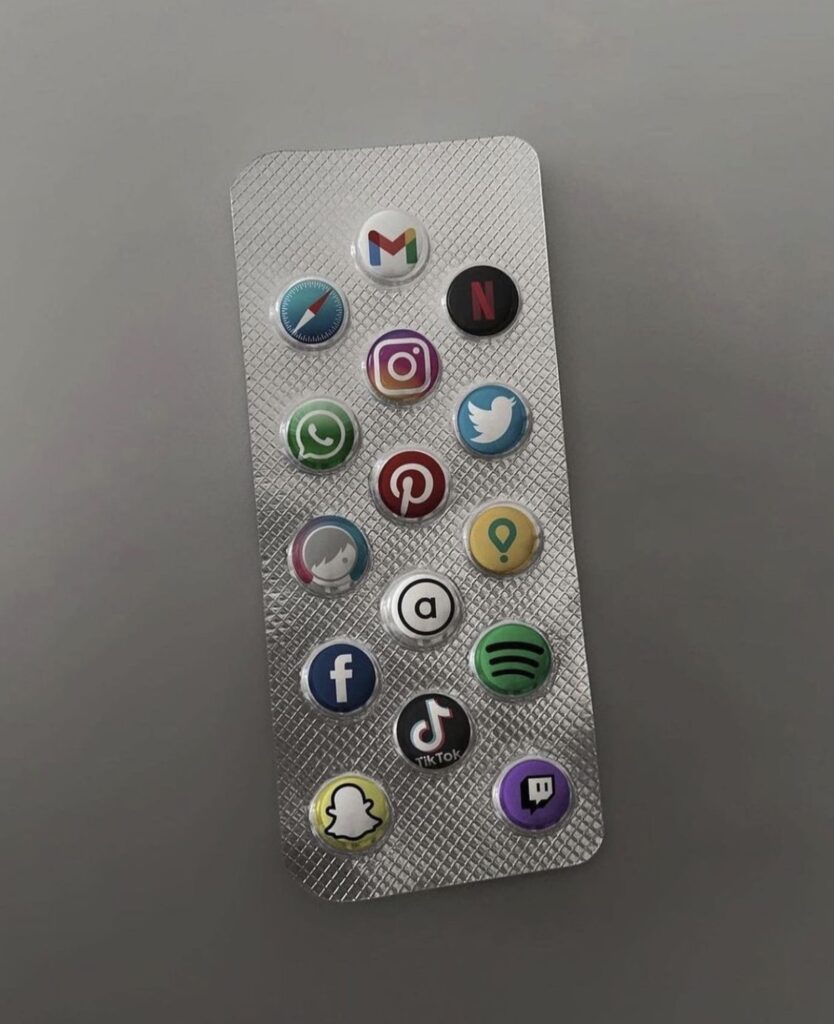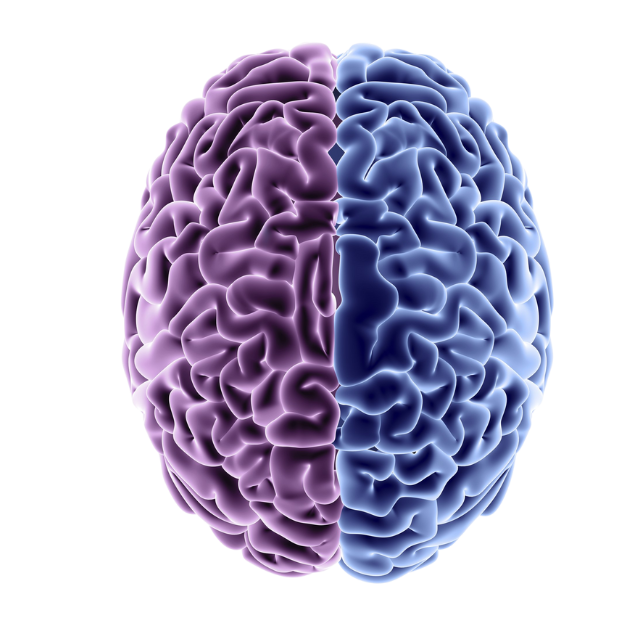The Addictive Algorithms Behind Social Media
Social media use has hit unprecedented levels since its first conception in the late 90s. In the pursuit of connection, modern society has embraced technology as a means to bridge geographical gaps and foster relationships. Paradoxically, the surge in technology use, especially in the realm of social media and virtual interactions, has brought forth an unforeseen consequence: a growing sense of disconnection and isolation. Researchers at Harvard University warn, it’s the genuine personal connection that creates mental and emotional stimulation.
In the age of fake news, body dysmorphia and relentless comparison among peers, social media has programmed us to search outside of ourselves for validation and prediction of potential. Tristan Harris, founder of the Center for Humane Technology and former computer scientist at Google, urges companies to be more transparent in the way technology is designed to operate. He comments that never have we seen the ability of 25 white guys to be able to influence 2 Billion people. “Since I was designing Gmail, I was able to influence the thoughts they have because I decided how notifications worked.” When his efforts to collaborate with his colleagues on making Gmail less addictive failed, he began his own venture to champion ethical tech development.
Anna Leake, MD, Stanford’s Director of Addictive Medicine, asserts social media to be a a powerful drug, affecting the release of dopamine in the reward pathway. She comments, “We have a basic biological imperative to connect with others, and social media optimizes that process.”
Research studies across various disciplines have confirmed the link between increased social media use and poor mental health, especially among adolescents and young adults. The link is now being quantified with alarming results. A recent study showed the the association between mental health and social media was stronger than the links between mental health and binge drinking, sexual assault, obesity and hard drug use.
Who Determines Your Future?
Justin Rosenstein, former engineer at Facebook and Google, notes, “We think these products are free but the advertisers are the clients paying for them. If you’re not paying for the product, you are the product. We’re the thing that’s being sold.” Tim Kendall, former executive at Facebook and former president at Pinterest, assents, “Social media companies are competing for your attention. They are constantly trying to figure out how to get as much attention from a person as they can possibly get. How much time can we get them to spend, how much of your life can we get you to give us” (The Social Dilemma)
Jaron Lanier, computer scientist and founding father of virtual reality, exclaims, “It’s the gradual, slight, imperceptible change in your own behavior that is the product.” It has the power to change what you do, how you think and who you are.
Jeff Siebert, former Twitter executive, notes, “Most people think the issue is that their data is being sold, but it’s what they do with that data that creates a problem.” He further warns, “Everything you do online is carefully monitored, recorded and measured. They know when you’re lonely, when you’re depressed, when you’re revisiting pictures of your ex and what your personality type is.” They create predictive models, powered by algorithms, to drive up usage, encourage growth and sell your deepest wants, needs and fears to advertisers.
In her book, The Age of Surveillance Capitalism, Harvard professor Shashana Zuboff, PhD, notes, “We’ve entered a new marketplace that has never existed before. It’s a marketplace that trades exclusively in human futures.”
The Big Picture
Historically, we’ve been immersed in a short-term thinking model based on optimization of profit, at all costs. We, as a society, are consumed with the fastest way to make the most money. We’ve deforested our land, devastated our oceans, polluted our air and depleted vast amounts of our resources all in the name of profit.
Justin Rosenstein warns, “Now we’re the tree, we’re the whale, and it’s our attention that can be mined. We’re more profitable to a corporation if we’re spending our time starting at a screen rather than spending our time living life in a rich way.” They don’t concern themselves with what is consistent with our goals, our values and the quality of our lives. Human attention shouldn’t be for sale and shouldn’t be an extractable resource that’s free for the taking.
Intentional Use: A How To Guide
“We are so addicted of looking outside of ourselves that we have lost access to our inner being almost completely. Cramming our lives with compulsory activity so that there’s no time to confront real issues We are terrified to look inward because our culture has given us no idea of what we will find. This is one of the last and most resourceful ploys of ego to prevent us from discovering our real nature. So we make our lives hectic and eliminate the slightest risk of looking into ourselves. In a world dedicated to distraction, silence and stillness terrify us.”
Sogyal Rinpoche, founder and former spiritual director of Rigpa and author of The Tibetan Book of Living and Dying
Detox Your Timeline
We often forget that social media is an energy exchange and the content you’re viewing is affecting your subconscious mind. Take some time to unfollow pages that don’t provide value and follow those that inspire and uplift you. Engage with experts you can learn from.
Use the Snooze or Mute Feature
If someone’s posts are upsetting, extremely negative or argumentative in any way, enact a 30-day mute or snooze to restrict their content.
Schedule It
According to a study, 80% of people check their smartphones within 15 minutes of waking up Since your brainwaves are in a highly suggestible state during this time, it’s the best time to program the subconscious mind for success. Before grabbing for your phone, try reading, making a cup of tea or breakfast, doing a meditation or breathing exercise, going through a gratitude list, engaging in some movement or setting intentions for the day ahead.
Change Your Engagement With It
Mindlessly scrolling when we’re bored or stressed throughout the day can overwhelm our cognitive resources so we cannot think as clearly. Save a few posts or pages you know will be worth interacting with and you would like to learn from, depending on your hobbies or preferences. Set yourself up for genuine engagement to occupy your time.
Additionally, enact safeguards to limit unintentional use. Turn off notifications, move all social media apps to a separate folder on the last page of apps, or download a social media blocker app to set specified time frames. You can check your social media usage within the apps themselves, as well as phone settings.
Reflection
Ask yourself, “What programming do you take in during your day? What occupies most of your waking hours? At the end of your day, how do you feel? The answers to all of these questions affect your energy, your frequency and your outlook on the future.





